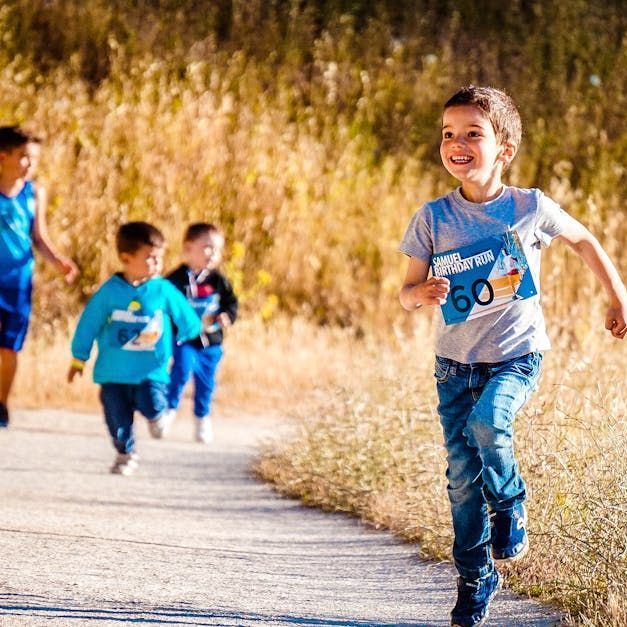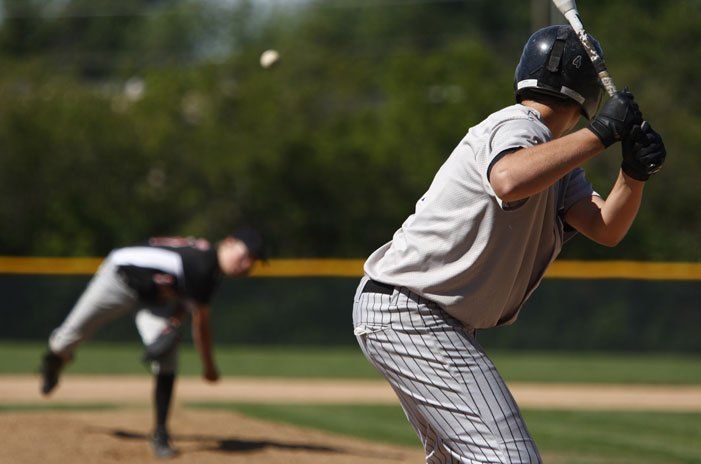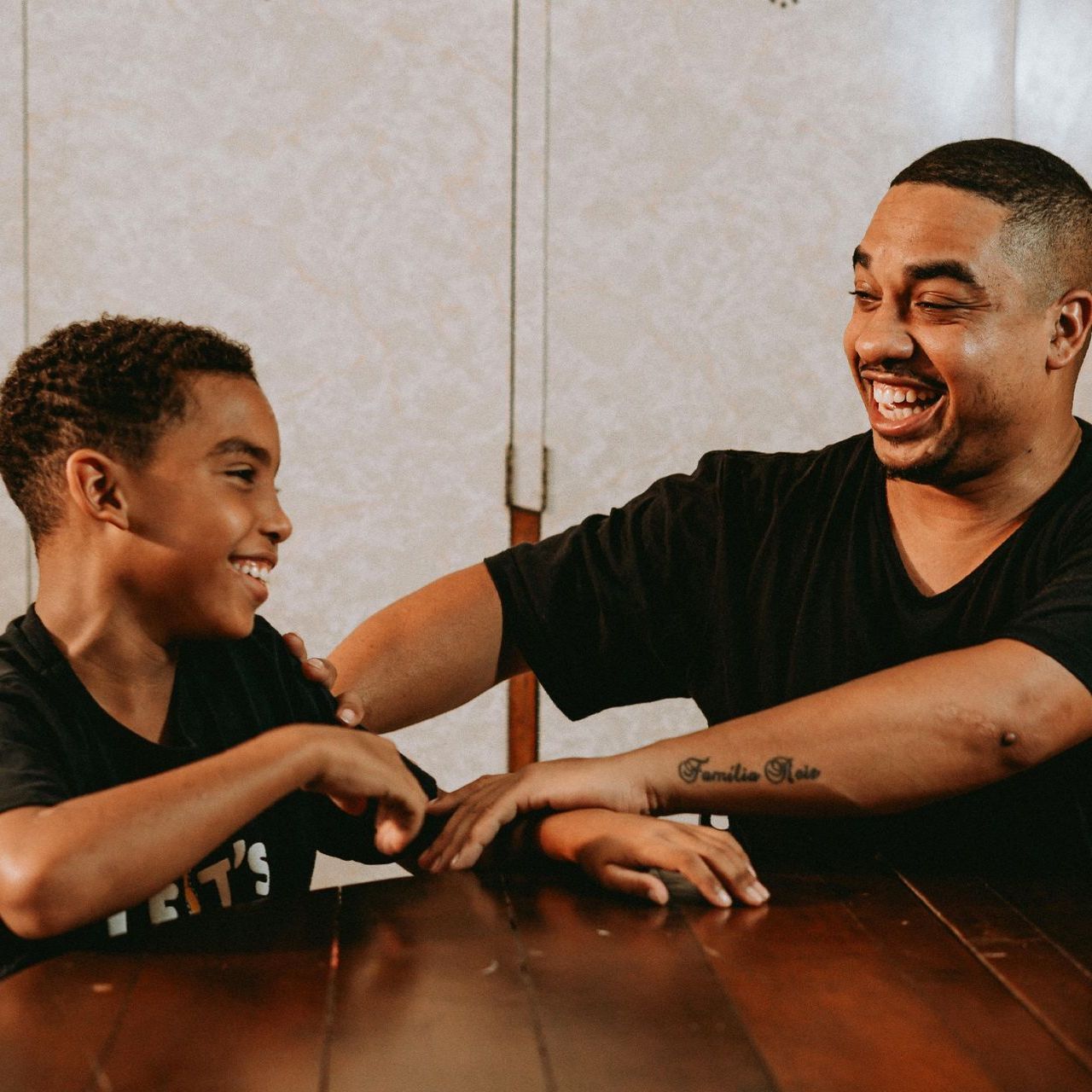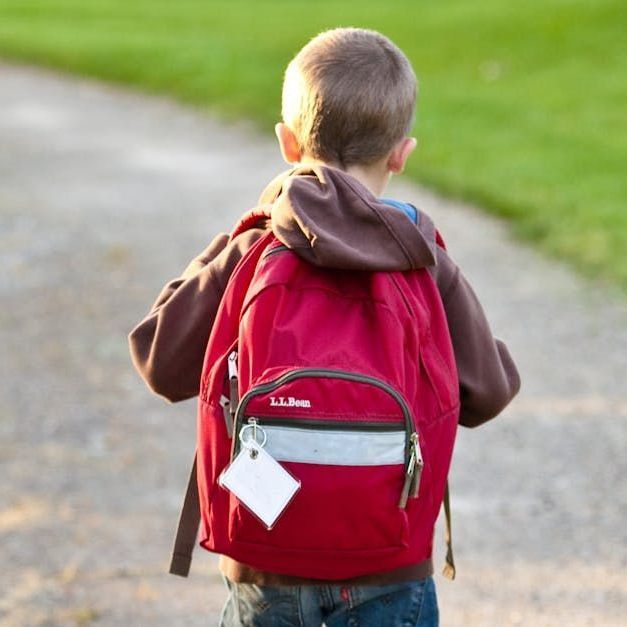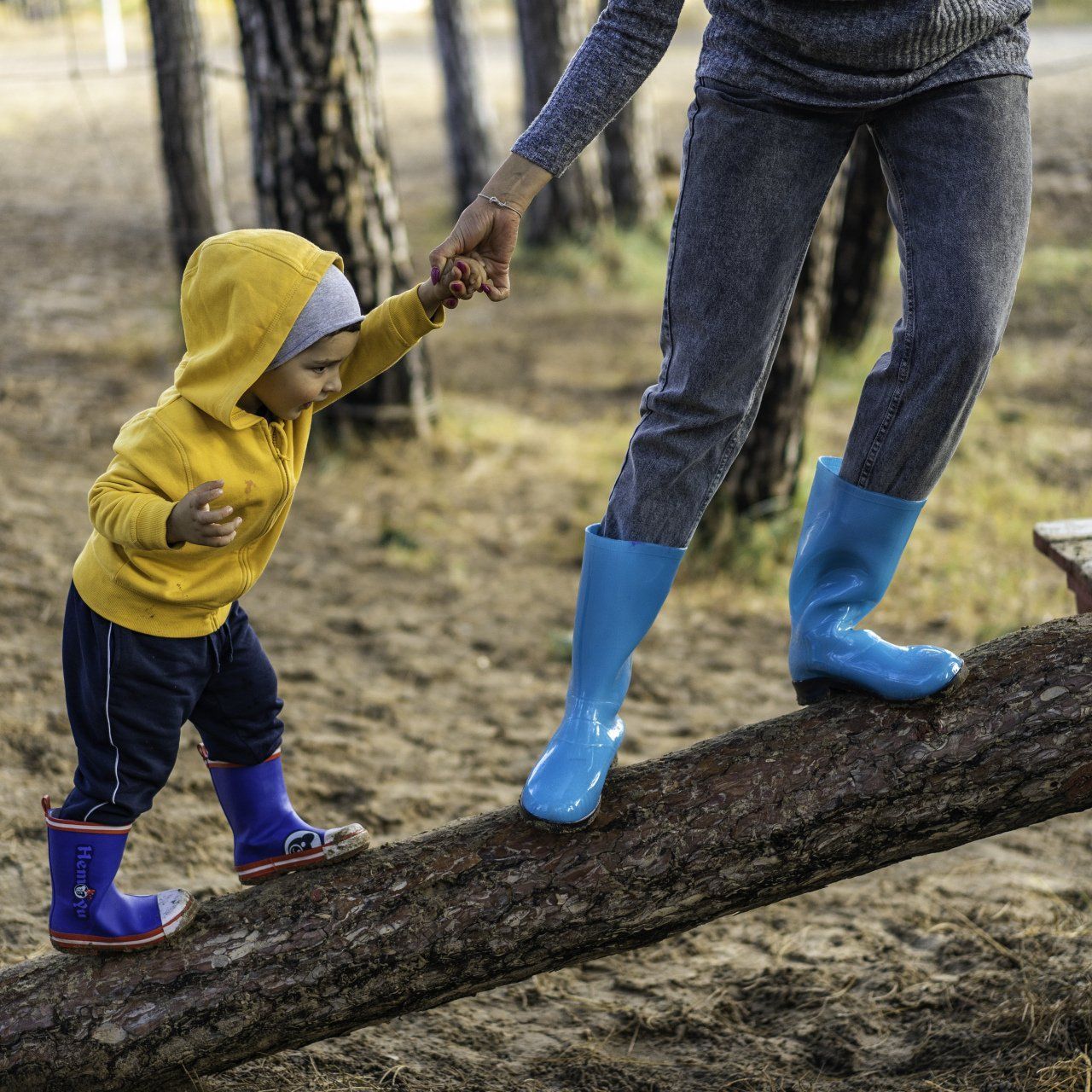Should I Let My Child Specialize in a Single Sport?
High intensity, specialized competition has now trickled down to even the youngest athletes. Mini-camps, specialized coaching, and travel teams are now targeted at nearly every age group in just about every sport. In turn, coaching has become a valid career choice for many because parents have shown a burning desire to see their children excel at a particular sport against the best competition. Coaches are able to groom, mentor and assess these athletes for an extended time period which translates into the formation of “travel” teams that are all about winning in the most competitive environments. Certainly, there are benefits from focusing on one sport -- a defined offseason, competing against higher levels of competition, and even a shot at playing their sport at the collegiate level. But the negative impact of specialization on young athletes cannot go unnoticed.
Here are the top 3 most common issues when children specialize in a sport too early:
Increased Risk of Injury
It is important for every athlete to rest their muscles and allow them to recover properly. Repetitive stress to the the same muscle groups can cause unnecessary injury to a child as their body develops and matures. Studies have shown that playing multiple sports can improve a child’s muscle, motor and skills development while promoting overall athleticism, balance, speed and agility.
Emotional Burnout
We’ve seen both parents and children grow tired of sports altogether based on their experience with only one sport. For some it’s the elevated expectations and pressure put on the athletes that takes the fun out of playing. Others have struggled with a bad coaching experience, poor sportsmanship from teammates, or the notorious “crazy” parents that can’t tolerate losing for any reason. Finally, the costs for parents to travel every weekend can be the catalyst to quitting sports for good. There’s some real truth in the saying, “Variety is the spice of life!” Don’t let the single sport life create unnecessary stress and issues for you or your kids.
Reduced Social Experiences
There’s a big difference between sitting on the bench as a member of the soccer team and being a starting player for the baseball team. Both situations teach your child valuable life lessons and broaden their experiences. Their individual role on the team gives them an opportunity to learn about things such as goal setting, preparation, and leadership. Socially, multi-sport athletes will have a more diverse peer group and the ability to effectively handle a variety of interactions in their day-to-day lives. Participation in multiple sports gives your child the opportunity to become a more well-rounded, confident, coachable athlete and person.

